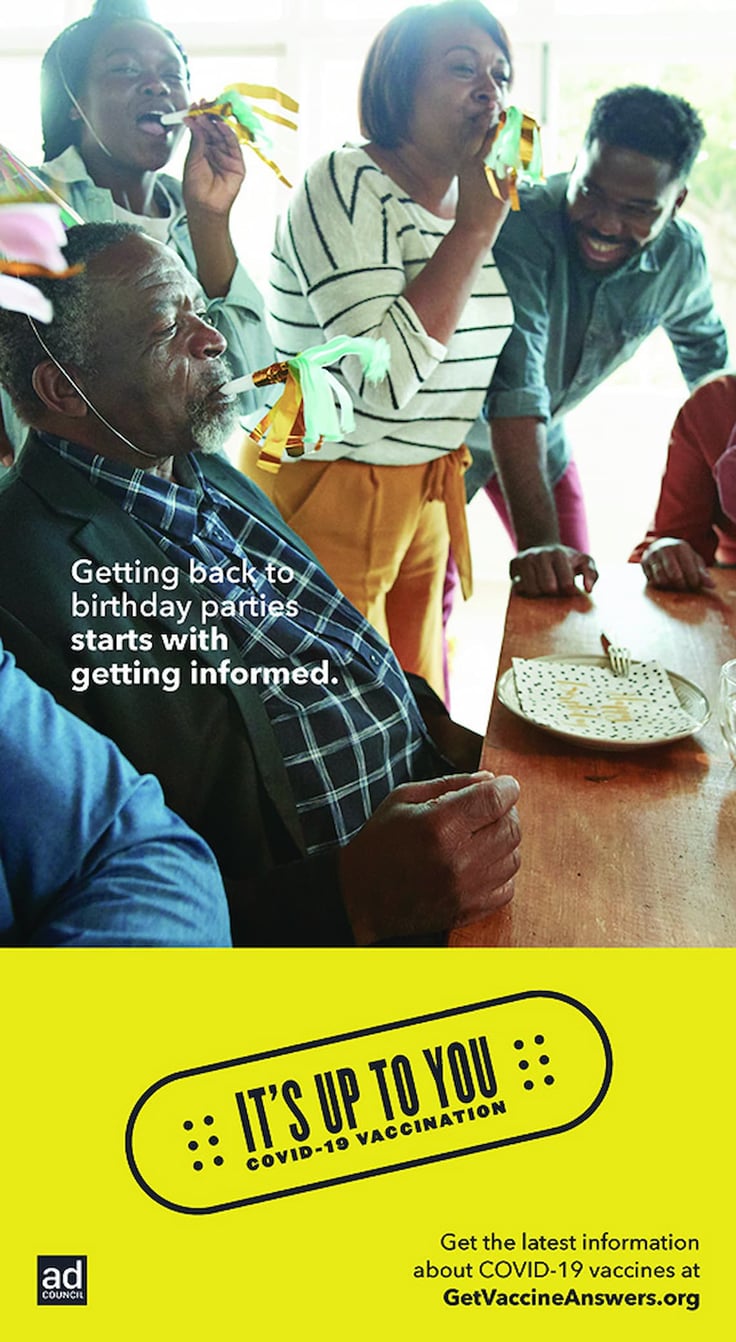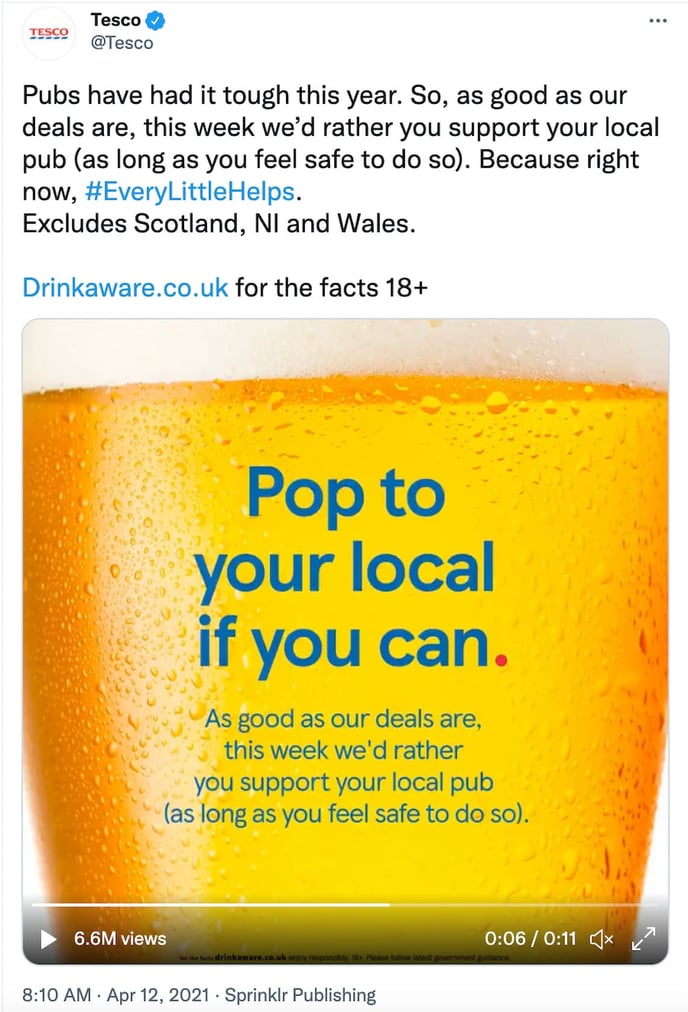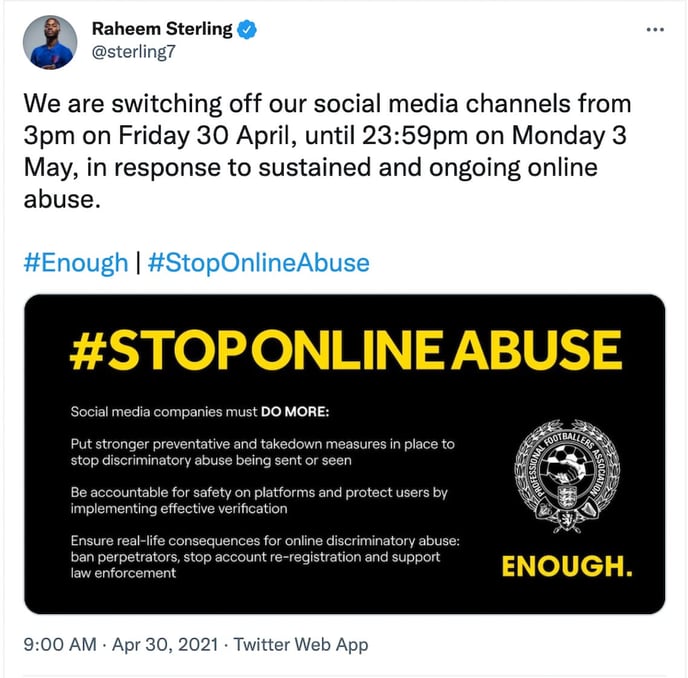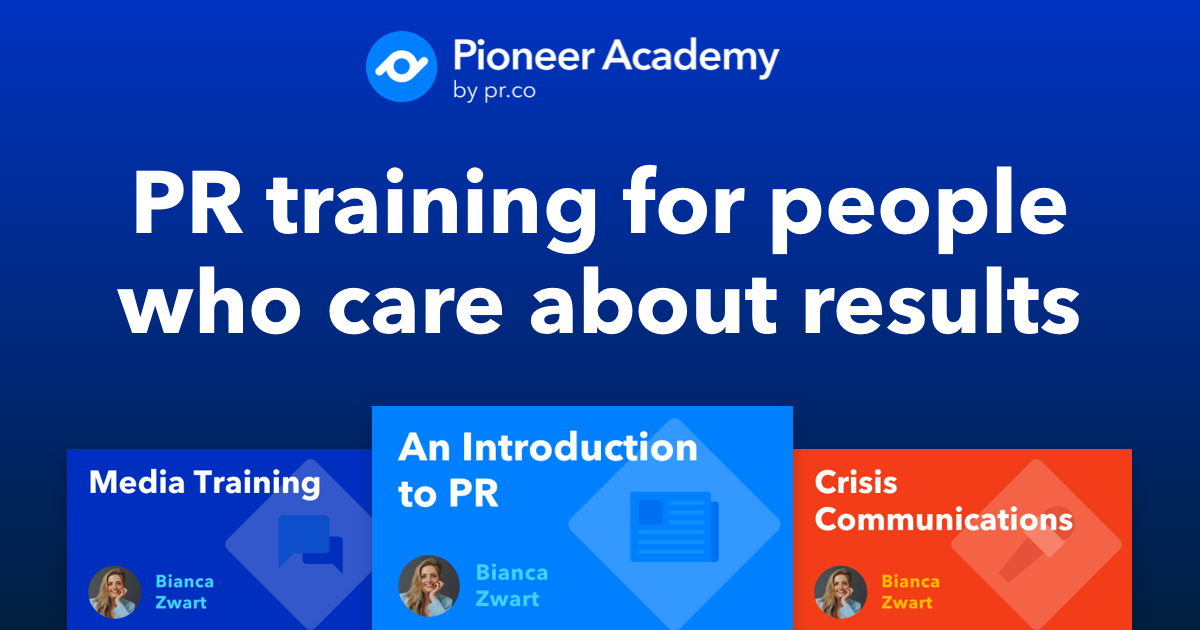2020 was a turning point for many industries, PR included. Amidst the clouds of COVID-19, we found a silver lining: a restored faith in the value of public relations. As marketing budgets were cut short during the pandemic, brands began to realize they needed an innovative way to connect with their audiences and build relationships that matter. The years that follow have proven that PR has become more important than ever.
Below you'll find our pick of the best PR campaigns of 2021. If you're looking for more inspiration, check out the best PR campaigns of 2022 and 2023.
-
VanMoof’s disruption of the status quo
VanMoof is not afraid to speak its truth. Even if it ends up being banned on television. In 2020, VanMoof released a powerful TV ad to promote the release of their new generation of smart e-bikes. The ad depicted the chaos that is caused by the car industry, including traffic jams, crashes, and pollution. France’s regulatory authority deemed the ad controversial, as it “created a climate of fear”. This ban put VanMoof in the spotlight and they put it to good use - the e-bike company used this ban to highlight what they truly stand for: disrupting the status quo.
This year, VanMoof followed up with another ad that seeks to spark a change in the way we move. Specifically, it encourages citizens to break pre-pandemic mobility habits and choose a better way to get from point A to point B. The spot depicts a chaotic scene we all know too well: traffic, over-crowding in public transport, anger, frustration, and of course, pollution. This time around, the e-bike pioneer has chosen not to broadcast this spot on French TV as they “prefer to focus their attention on the potential of other markets that are ‘more open to change than France’". Now that’s a statement.
-
Tesco’s solidarity with the hospitality industry
Everybody loves a wholesome display of solidarity - especially when it comes from corporate enterprises. Every business (except maybe those making face masks and rubbing alcohol) took a hit in 2020. The hospitality industry was hit the hardest. By mid-April, restaurants, bars, and pubs slowly began opening up again in the UK. That’s when Tesco took a stand and displayed its true colors.
The supermarket brand ran ads across print media, digital billboards, and social media to urge their customers not to shop with them, but instead to head to their local pub or restaurant to support the hospitality industry. This unexpected, yet friendly campaign reinforced Tesco’s commitment to the local communities it serves.
“What we saw during 2020 was a real opportunity for us as a brand to reconnect with the nation and be on the side of customers in a pretty tragic year.”
-Emma Botton, Marketing and Communications Director at Tesco
-
Football’s biggest names unite against racism
Football is a beautiful game. But when the passion of the game meets racism, things can get pretty ugly. Racism and online abuse aren’t new. The problem is that the number of spiteful comments has been increasing online. This year, Manchester United revealed the results of a study that showed a 350% increase in abuse directed towards their club’s players, with more than 2,500 racist posts targeting players from September 2019 to February 2021.
Football players and clubs took this matter into their own hands by boycotting social media in mass protest over racist comments. These athletes argue that social media platforms should have tougher regulations to help eradicate online abuse. The objective of this four-day social media blackout was to portray what social media platforms would look like without the participation of football’s biggest stars.
Cricket players, rugby unions, and more athletes joined the social media blackout as well. The Premier League also supported the boycott, saying it would not stop challenging companies “until discriminatory online abuse is removed from the game and wider society”.
"Hate is a strong word. But the racist relying on black English footballers to bring them glory as if they were their servants, then turning on them as soon as they fell short of their dreams, have my deepest contempt," tweeted Musa Okwonga, an English soccer writer.
-
Naomi Osaka’s brave stance on mental health
Naomi Osaka is the No. 1 tennis player in the world. At 23, she has amassed four Grand Slam titles and is the reigning champion at the US Open and Australian Open. As a Japanese-Haitian-American woman, Naomi represents the modern world on and off the courts.
In June, she stunned the world by skipping a press conference at the Roland Garros to protect her mental health. This consequently caused her to miss the tournament. Her brave stance on mental health caused a whirlwind of negative comments and backlash, to which she replied “It’s OK not to be OK”.
Naomi is no stranger to the spotlight. However, she has been very vocal about how excruciating press conferences can be. In a statement, she clarified:
“The truth is that I have suffered long bouts of depression since the US Open in 2018 and I have had a really hard time coping with that. Anyone that knows me knows I'm introverted, and anyone that has seen me at the tournaments will notice that I'm often wearing headphones as that helps dull my social anxiety. Though the tennis press has always been kinds to me (and I wanna apologize especially to all the cool journalists who I may have hurt), I am not a natural public speaker and get huge waves of anxiety before I speak to the world's media. I get really nervous and find it stressful to always try to engage and give you the best answers I can.”
-Naomi Osaka
The bold move was motivated by Osaka’s wish to critically examine the industry and refresh the traditional format of press conferences, for the sake of an athlete’s mental health. Although her actions did cause her to miss out on an important tournament, Osaka won a lot more than a trophy.
Raising awareness for mental health issues resonated with a larger audience. Athletes across disciplines voiced their support for the tennis player’s actions. Her sponsors defended her decision. Osaka was even chosen to light the cauldron at the 2021 Olympics in Tokyo. Naomi Osaka sparked a very much-needed conversation around mental health. In the future, we might not remember who won the French Open, but we will always remember Naomi Osaka.
-
U.S. Ad Council’s efforts to get everyone vaxxed
Perhaps the best, and biggest PR campaign of this year (and probably of the decade) was a combined effort around the globe to get people to roll up their sleeves and get vaccinated. Although the rapid development of the vaccines against COVID-19 is an incredible achievement, it came with many challenges like production, distribution, and most of all, acceptance. PR pros around the world faced a challenge unlike any other: getting more than 70% of the population to accept and receive their shot.
One of the most remarkable PR campaigns is one executed by the Ad Council in the United States. The Ad Council is a non-profit organization that relies on brand partnerships and incredible pro-bono talent from top agencies in the industry. This year, they came together to create a PR campaign that can save more lives than any other, one aimed at educating citizens about the positive effects of the vaccine.
They faced a tough scenario: a country more divided than ever. With racial injustice, lack of trust in public institutions, and the polarization of politics, the Ad Council had to pick a message that would resonate with people across the political spectrum. After several studies, they realized that the average US citizen did not want to be forced to make a decision, instead they needed to know they had the freedom to choose. That’s where the slogan “It’s Up to You” was born.
Instead of showing Americans the negative side effects of not getting vaccinated or imposing an order for the common good, the Ad Council drew upon a feeling that unites us all: nostalgia. The TV ads and social media messages referenced the events we could potentially get back to if we all got our jab, such as visiting grandparents or going back to places of worship. The ads were backed by digital “toolkits” filled with information for people to make their own decision. These messages were also replicated to opinion leaders in the Black and Hispanic communities.

To date, 371 million doses have been administered across the country. So was the campaign successful? History will be the judge of that.
Ana is a marketer at pr.co, and is the driving force behind our 100+ articles and guides. Ana has an MSc in Corporate Communications, and four years of experience in the PR industry. Now, Ana distills knowledge from pr.co’s 250+ customers to help PR professionals get better results through high-quality content.. Connect on LinkedIn or send an email






